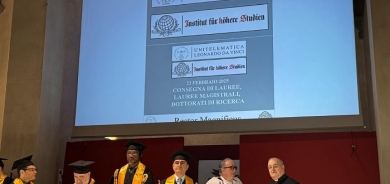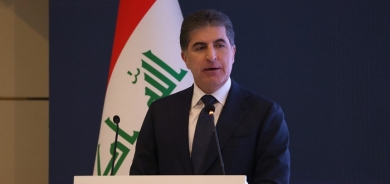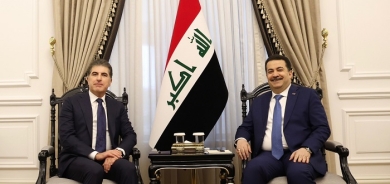Kurdish Teacher Faces Imprisonment in Turkey Over Cultural Activities

A Kurdish teacher and court interpreter, Rifat Roni, 59, faces a potential prison sentence of five to ten years after being charged with “membership of an armed organization.” The charges stem from his involvement with the Mesopotamian Language and Culture Research Association (MED-DER), a group that provides Kurdish language classes.
Human Rights Watch (HRW) has denounced the case as part of a broader “outrageous” assault on Kurdish cultural rights in Turkey. “The case against Roni is just one among a slew of outrageous cases over the past year in which Kurdish language songs, dances, and promotion of cultural and linguistic rights have been interpreted by the police and prosecutors as evidence of links with terrorism,” HRW said in a statement on Friday.
Allegations Against MED-DER
Prosecutors allege that MED-DER seeks to promote recruitment for the Kurdistan Workers’ Party (PKK), an armed group designated as a terrorist organization by Turkey. According to the prosecutor, MED-DER’s activities, including teaching the Kurdish language, are linked to efforts to indoctrinate youth with the PKK's ideology.
Roni was one of 30 individuals arrested in September during raids conducted by the Diyarbakir Chief Public Prosecutor’s Office. He remains the only one in custody.
Decline in Kurdish Language Use
Despite the legalization of the Kurdish language, it remains marginalized in Turkey. Public education is conducted exclusively in Turkish, with Kurdish offered only as an optional two-hour elective, a provision that is rarely implemented effectively. Associations like MED-DER aim to address this gap, providing Kurdish language classes to preserve and promote the language.
A 2024 study by the Socio-Political Field Research Center revealed that only 42.2 percent of Kurds in Turkey regularly speak Kurdish at home, reflecting a decline in the use of the language.
Cultural Rights Under Pressure
Following recent local elections, the pro-Kurdish Peoples' Equality and Democracy Party (DEM Party) launched initiatives to promote Kurdish and other non-Turkish languages, including cultural events such as street festivals. These efforts have faced increasing scrutiny and crackdowns by Turkish authorities, who often link Kurdish cultural activities to terrorism.
International Outcry
HRW has called on Turkish authorities to drop the charges against Roni, emphasizing that the case represents a violation of cultural and linguistic rights. “Kurdish language classes and cultural promotion should be celebrated, not criminalized,” HRW stated.
The case has reignited concerns over Turkey’s treatment of its Kurdish minority, highlighting ongoing tensions between the state and those advocating for greater recognition of Kurdish identity and culture.












